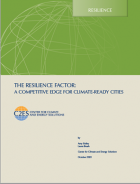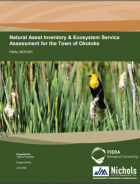This video, produced by the University of Alberta's Faculty of ALES in November 2012, features Bonnie Drozdowski of Alberta Innovates - Technology Futures discussing some of the newest reclamation innovations in Alberta. Some research she covers are testing reclamation guideliens, new remediation techniques and soil admendments:
- stratefied remediation subsoil criteria, testing whether there is effects on plants and their roots if petroleum contamination marginally exceeds guideline limits at the maximum rooting depths
- petroleum contaminants limits for soils in Alberta's Green Zone
- thermal desorption: now an economical process for site remediation
- rhizobacteria improving plant growth to reduce contamination levels on difficult sites
- fungal remediation for soil bioremediation (fungi working hydrocarbons in reclamation sites)
- RemTech is the place to see new remediation innovations
- biochar as a soil admendment to improve marginal lands and as soil carbon for carbon sequestration
- pelletizing biochar for better handling
- humic substances (peat, pulp sludge, leonardite (from oxidized immature coal)) to assist reclamation
- reclamation of oil sand exploration sites (technology transfer to equipment operators on how to do effective reclamation)
- Carbon pool estimates to predict carbon trajectories for oil sands reclamation
- new field measurement technologies: LIPCOr soil respiration monitoring, soil penetration resistance, Veris P4000 Hydraulic probe
- carbon capture and storage when CO2 is injected in oils sands production (soil column studies)
Bonnie Drozdowski is the Program Leader of the Reclamation project for Alberta Innovates - Technology Futures.





